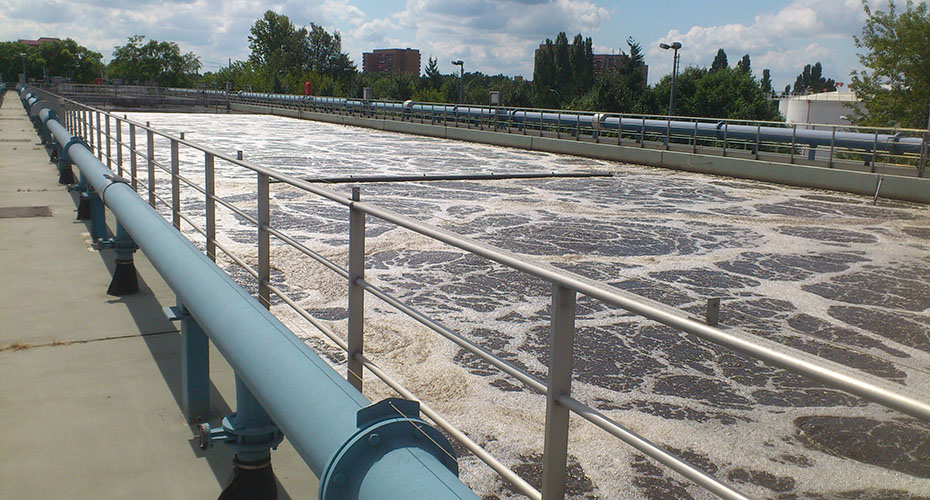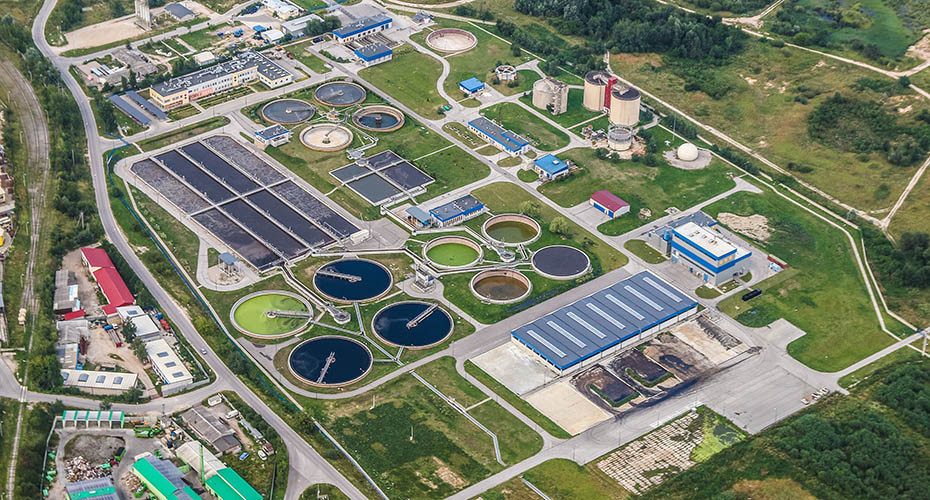AMR environmental risk assessment
Research overview:
Antimicrobial resistance (AMR) has far-reaching societal and economic implications for human and animal health, food security and environmental protection. Unless antimicrobial stewardship and the antibiotic development pipeline improves, it has been predicted that by 2050 AMR will be the leading cause of death worldwide, resulting 10 million deaths annually and placing a huge burden on healthcare and food security.
Key objectives:
This research will tackle the AMR threat using the One Health approach. Currently, there are extremely few data pertaining to the selective hazard posed by antibiotics in the environment, and no standardised test to generate this data is available.
Cutting edge technologies which detect AMR genes in whole bacterial communities and accurately quantify numbers of these genes will be used to generate 'big data' to improve fundamental, scientific understanding of selection for AMR. This will be used to develop and validate an assay with the potential to become an OECD recognised ecotoxicological test, which assesses the hazard posed by antimicrobials in their potential to select for AMR - the first test of its kind.
Impact:
Significant collaborators include Defra, AstraZeneca and the waste water company Severn Trent.
- Defra will advise on policy making processes to ensure the research is impactful on a national scale.
- AstraZeneca will offer expertise in ecotoxicological testing, current legislation and regulation practices; and inform the research to maximise impact.
- Severn Trent will use this data to inform their own innovative AMR research programme, provide waste water samples for experiments and facilitate direct engagement with the waste water industry.

We know antimicrobials enter the environment daily from a variety of sources, and that enrichment of AMR can occur at environmentally relevant concentrations. However, current environmental risk assessment guidelines do not consider AMR evolution. We are working to develop a standardised method, the first of its kind, that can rapidly and cost effectively fill this data gap and contribute to setting targets for antimicrobial concentrations in the environment that will minimise the risk of evolution of AMR occurring in the environment.
Dr Aimee Murray
Murray, A. K., Zhang, L., Yin, X., Zhang, T., Buckling, A., Snape, J., & Gaze, W. H. (2018). Novel insights into selection for antibiotic resistance in complex microbial communities. MBio, 9(4), e00969-18.
Murray, A. K., Stanton, I. C., Wright, J., Zhang, L., Snape, J., & Gaze, W. H. (2020). The ‘SELection End points in Communities of bacTeria’(SELECT) Method: A Novel Experimental Assay to Facilitate Risk Assessment of Selection for Antimicrobial Resistance in the Environment. Environmental health perspectives, 128(10), 107007.
Stanton, I. C., Murray, A. K., Zhang, L., Snape, J., & Gaze, W. H. (2020). Evolution of antibiotic resistance at low antibiotic concentrations including selection below the minimal selective concentration. Communications biology, 3(1), 1-11.
Murray, A. K., Stanton, I., Gaze, W. H., & Snape, J. (2021). Dawning of a new ERA: Environmental Risk Assessment of antibiotics and their potential to select for antimicrobial resistance. Water research, 117233.
Blog post about this research published by the British Society for Antimicrobial Chemotherapy (September 2020)
University Press Release: Scientists pave way to reducing antibiotic resistance build-up in waterways. (October 2020)
Presented research to All-Party Parliamentary Group (APPG) on Antibiotics. (January 2021)
University Press Release: Research establishes safe water thresholds for antimicrobials, advancing the battle against resistance. (June 2021)
Dr Aimee Murray (University of Exeter)
Prof William Gaze (University of Exeter)
Dr Lihong Zhang (University of Exeter)
Jason Snape (AstraZeneca)
Isobel Stanton (University of Exeter, now at CEH)
This project is funded by the Natural Environment Research Council (NERC) with support from AstraZeneca, Defra, and Severn Trent.
Research and Innovation blogs by Dr Aimee Murray



